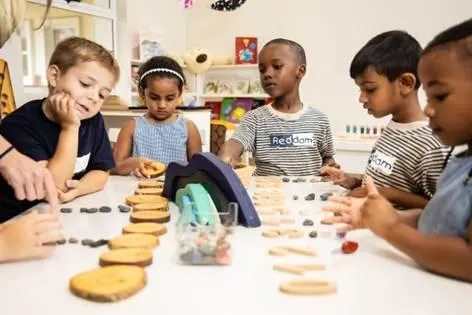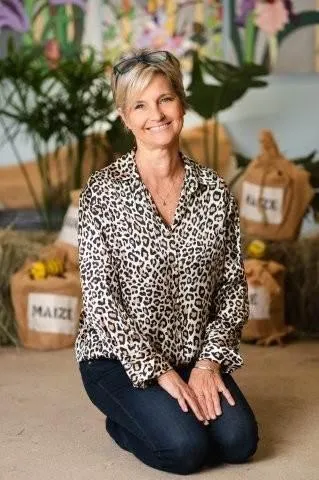
Reddam House Early Learning Schools encourage curiosity, confidence and emotional resilience
Image: Supplied
For decades, “school readiness” has been a reassuring milestone for South African parents – a checklist of letters, numbers and classroom behaviours that signals a child is prepared to enter Grade R.
But as our understanding of early childhood development continues to evolve, one thing is becoming clear: being “ready for school” is no longer enough.
Recent South African and international research confirms what many educators have long suspected: the foundations of a child’s lifelong success are not laid in primary school or even Grade R, but in the earliest years of life.
According to the 2024 South African Early Childhood Review, school readiness is a multidimensional concept that includes emotional regulation, confidence, physical coordination, social skills and classroom adaptability, alongside early literacy and numeracy.
A 2023 review published in The Hechinger Report highlighted global shifts in early years education— including the growing emphasis on play-based learning and emotional development as critical indicators of future academic and life success.

Paula Algar, Head of Early Learning School, Reddam House Ballito
Image: Supplied
It means moving beyond worksheets and content recall and creating an environment where learning is embedded in play, inquiry, and connection. In well-structured early learning environments, children arrive in Grade R not only recognising numbers and what letters represent but also knowing how to manage emotions, collaborate with peers, and adapt to new challenges.
This is the ethos embraced by the Inspired Education Group’s Reddam House and Reddford House Early Learning Schools.
Research supports this approach. The Ilifa Labantwana ECD Workforce Report (2024) notes that children who receive high-quality early education are more likely to succeed academically, complete school, and avoid long-term social risks such as dropout or disengagement.
At Reddam House and Reddford House, our classrooms are designed to nurture curiosity and build independence. Children are encouraged to solve problems, ask questions, and collaborate – not just follow instructions. Every interaction, from a story read aloud to a puzzle solved with a friend, becomes an opportunity to build the foundations of resilience, empathy, and critical thinking.
Marianne Valentine, Director of Early Years at Inspired Education Group, puts it this way: “We often talk about preparing children for the future – but in the early years, the future is already happening. The habits of mind, heart, and character formed between birth and five are the blueprint for everything that follows.”
As parents increasingly seek education that nurtures the whole child, the conversation around school readiness must evolve. It’s time to ask not just whether a child can sit still and hold a pencil – but whether they’re curious, confident, and equipped to engage with a rapidly changing world.
Redefining school readiness isn’t about shifting expectations – it’s about raising them. And it begins long before a child wears their first school uniform.
Paula Algar, Head of Early Learning School, Reddam House Ballito